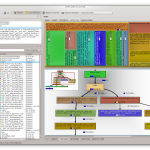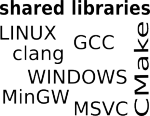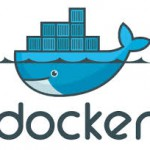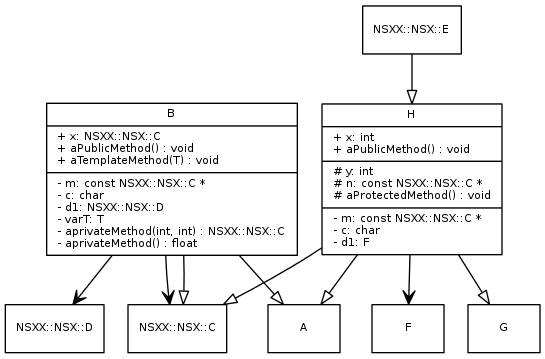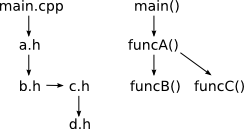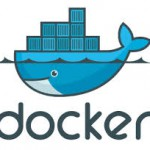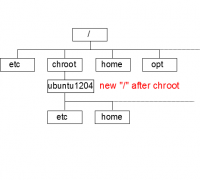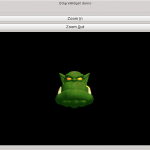When we think of dependencies, we usually think of “logical dependencies” at first: logical relations between classes, functions etc. Object oriented design, generic programming, encapsulation, design patterns are aimed to cut this “logical dependencies”. But there are also compile time dependencies - dependencies between files and libraries at compile time.
This article is on include dependencies in C/C++ what are a sort of compile time dependencies. This dependencies have a huge impact on building, refactoring, testing and on the structure of your software.
→ Read More
